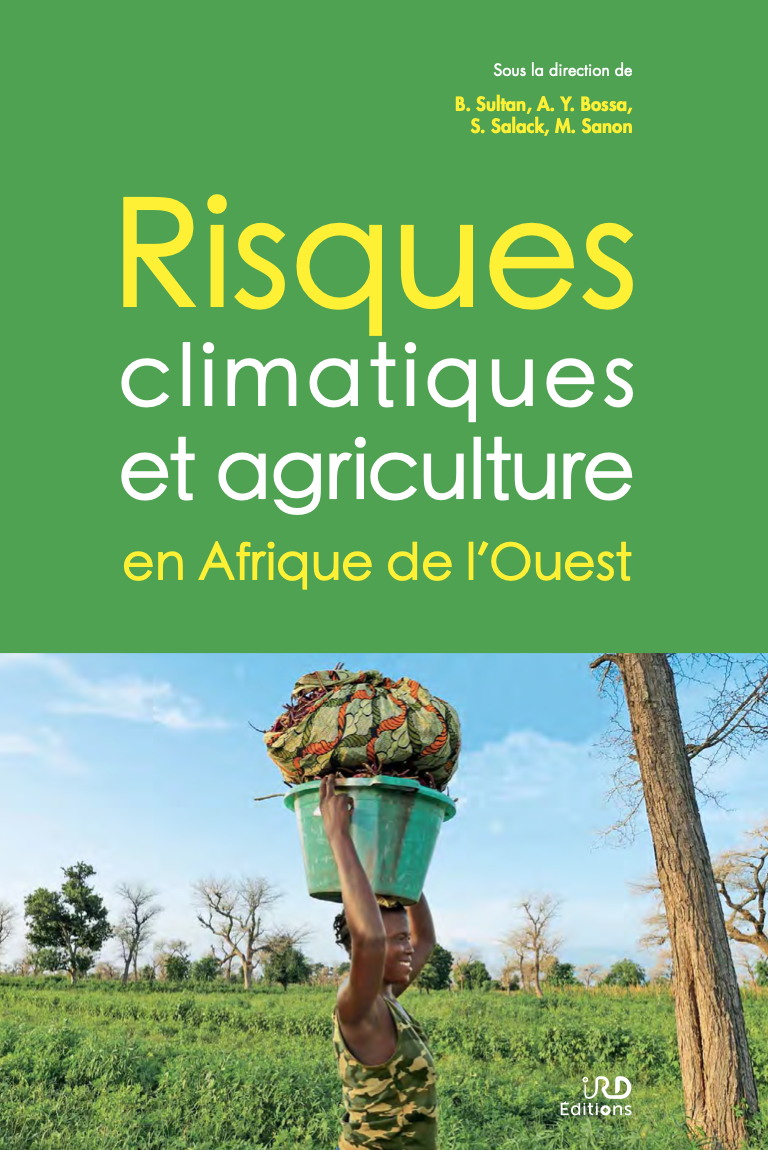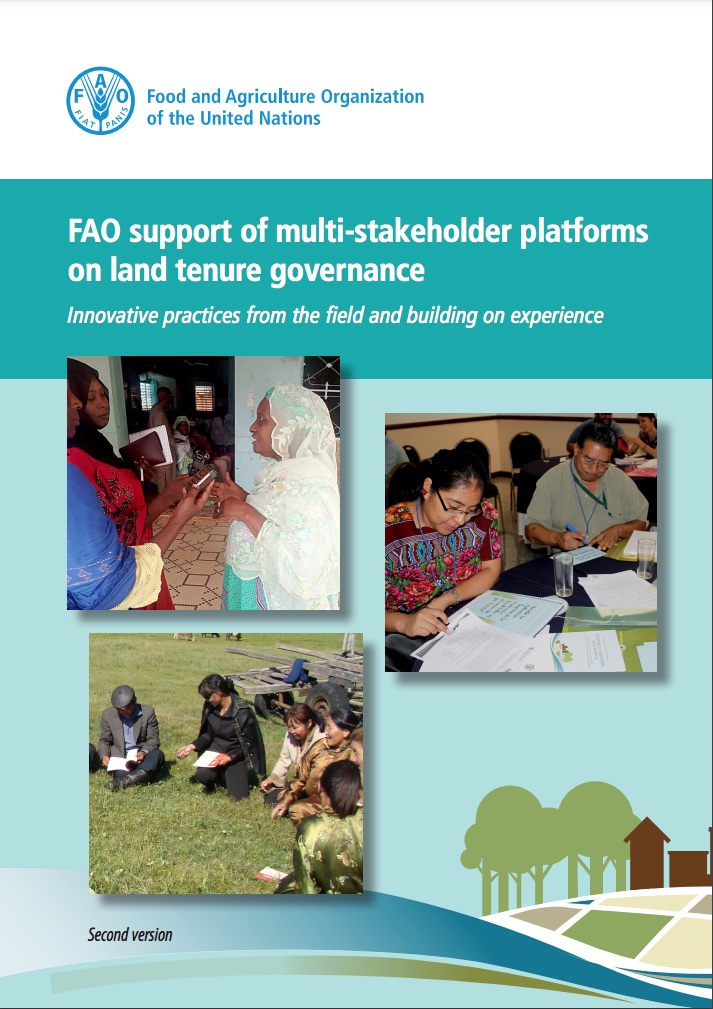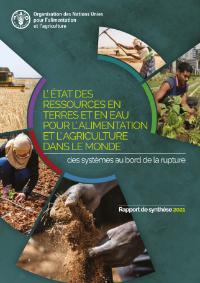Guide pour la déclinaison du SRADDET dans les Plans Climat Air Energie Territorial (PCAET)
Un guide pour faciliter la déclinaison du SRADDET dans les Plans Climat Air Energie Territorial (PCAET)
L’approbation du Schéma Régional d’Aménagement, de Développement Durable et d’Égalité des Territoires (SRADDET) de la Région SUD, le 15 octobre 2019, marque une étape décisive en actant la stratégie régionale d’aménagement à horizon 2030 / 2050.
La réussite de ce projet collectif passe par sa mise en œuvre, notamment à travers sa déclinaison dans les documents de planification et de programmation locaux.












